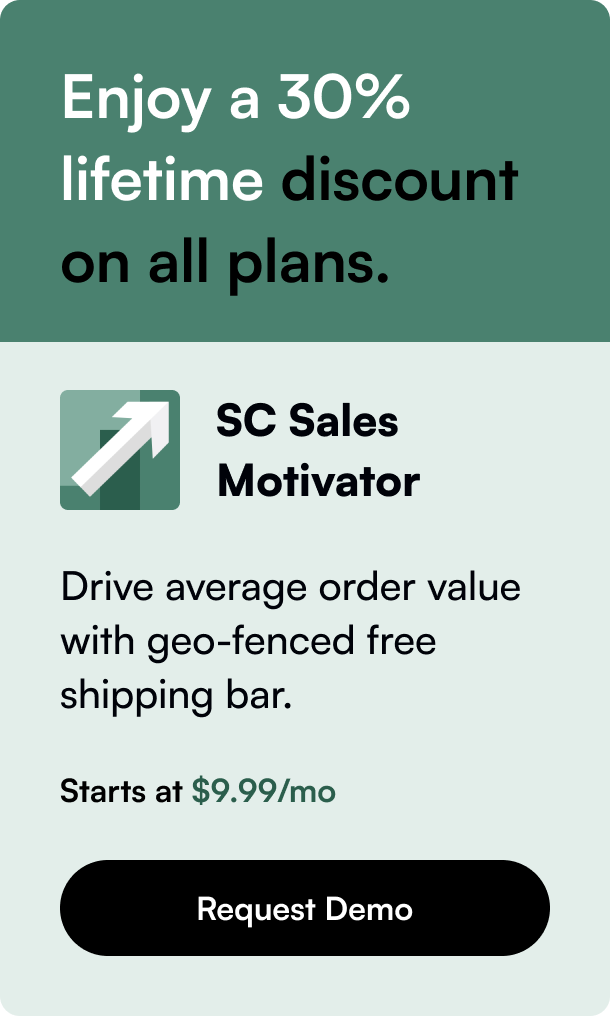Table of Contents
- Introduction
- Understanding the Legal Landscape
- Setting Up Your Shopify Store for Alcohol Sales
- Marketing Your Alcohol Shopify Store
- FAQs: Addressing Common Queries about Selling Alcohol on Shopify
- Conclusion
The prospect of selling alcohol online might conjure up a maze of legalities, regulations, and compliance issues. However, with the right approach and adherence to laws and Shopify policies, it’s not only possible but could also pave the way for a thriving business. Whether you're considering expanding your physical liquor store online or launching a brand new venture selling wine, beer, or spirits, this guide will walk you through everything you need to know about selling alcohol on Shopify.
Introduction
Imagine reaching a broad audience with your unique selection of wines, craft beers, or artisan spirits from the comfort of their homes. The idea is enticing and, with the rise of e-commerce, increasingly feasible. However, the sale of alcohol isn't as straightforward as other products due to stringent regulations that vary by region. In this guide, you'll discover how to navigate these complexities and set up a successful Shopify store selling alcohol. We'll cover important considerations from legal compliance and payment setups to marketing strategies that respect Shopify's and regulators' guidelines.
By the end of this article, you will have a clear understanding of how to responsibly and effectively sell alcohol online using the Shopify platform, ensuring your business not only starts on the right foot but also grows and flourishes in the digital marketplace.
Understanding the Legal Landscape
Before diving into the technicalities of setting up your store, it's crucial to have a grasp of the legal landscape surrounding the sale of alcohol both online and offline. The regulations governing alcohol sales are determined by federal, state, and local laws — and can vary significantly from one jurisdiction to another. This means what's permissible in one area may be restricted in another.
Key Considerations for Compliance:
Licensing: Most regions require sellers to obtain specific licenses to sell alcohol. This includes a premise license for your physical location (if applicable) and a personal license for the individual managing the sale.
Age Verification: Implementing a robust age verification process at checkout is non-negotiable. Shopify offers apps that can help ensure only legally-aged customers can make purchases.
Region-Specific Regulations: From advertising laws to shipping restrictions, make sure you're aware of and comply with the unique regulations of each region you plan to sell to.
Labeling and Packaging Requirements: There might be specific requirements for how alcohol should be labeled and packaged for sale and shipment. Ensure your products meet these standards.
Setting Up Your Shopify Store for Alcohol Sales
Shopify simplifies the technical aspects of setting up an online store, but selling alcohol introduces additional considerations.
Choosing the Right Shopify Plan and Payment Gateway
Shopify Payments generally supports the sale of alcohol, provided your store complies with certain requirements, such as holding valid licenses and implementing age verification measures. However, availability can vary, and in some regions, you might need to opt for a third-party payment gateway familiar with handling alcohol sales.
User Experience and Legal Compliance
From an engaging design to clear product descriptions and intuitive navigation, your store should offer a seamless user experience. Equally important is incorporating legal necessity such as:
- Age Verification Pop-Up: An upfront age verification mechanism to prevent underage visitors from browsing your site.
- Legal Disclaimers and Policies: Clearly displayed legal disclaimers and policies regarding alcohol sales, shipments, and returns, tailored to comply with the laws of your and your customers' regions.
Inventory and Shipping Management
Utilize Shopify’s robust inventory management system to keep track of your stock levels accurately, including different variants, such as wine vintages or beer types. Shipping alcohol also demands a careful approach, often necessitating partnerships with carriers experienced in handling alcohol deliveries.
Marketing Your Alcohol Shopify Store
Effective marketing is key to the success of your Shopify store, yet promoting alcohol comes with its set of challenges. Emphasize content marketing, SEO, and social media strategies that focus on the lifestyle and experience associated with your products, rather than direct promotion. Ensure all marketing materials are in line with regulations, avoiding any encouragement of irresponsible drinking behaviors.
FAQs: Addressing Common Queries about Selling Alcohol on Shopify
Q: Can anyone sell alcohol on Shopify? A: Yes, but you must comply with relevant laws, obtain necessary licenses, and ensure your Shopify store meets all regulations, including age verification and shipping restrictions.
Q: Are there Shopify apps to help with selling alcohol? A: Yes. There are apps designed for age verification, inventory management, shipping logistics, and compliance with local laws.
Q: Can I sell alcohol internationally through my Shopify store? A: International sales complicate compliance, as you must adhere to the laws of both your home country and the countries to which you're selling. It's possible but requires diligent research and often, legal advice.
Conclusion
While the journey to sell alcohol on Shopify comes with its intricacies, it also opens up a world of opportunity. By ensuring compliance with regulations, optimizing your store for user experience, and adopting effective marketing strategies, you can establish a thriving online alcohol business. Remember, staying informed and adaptable to changing laws and consumer trends is key to long-term success in the dynamic landscape of online alcohol sales.









